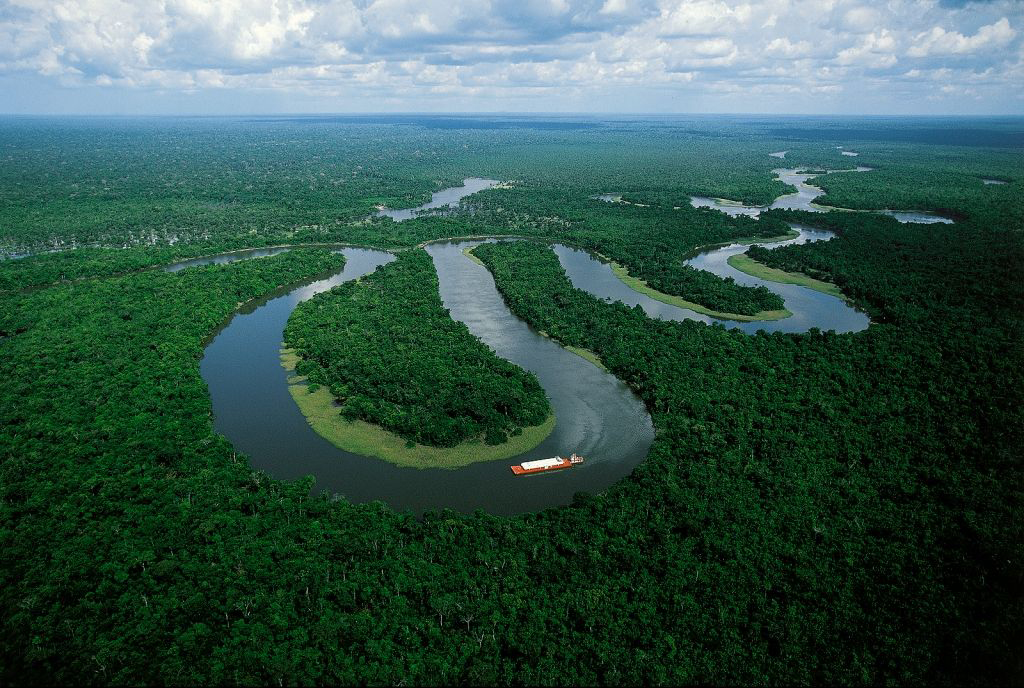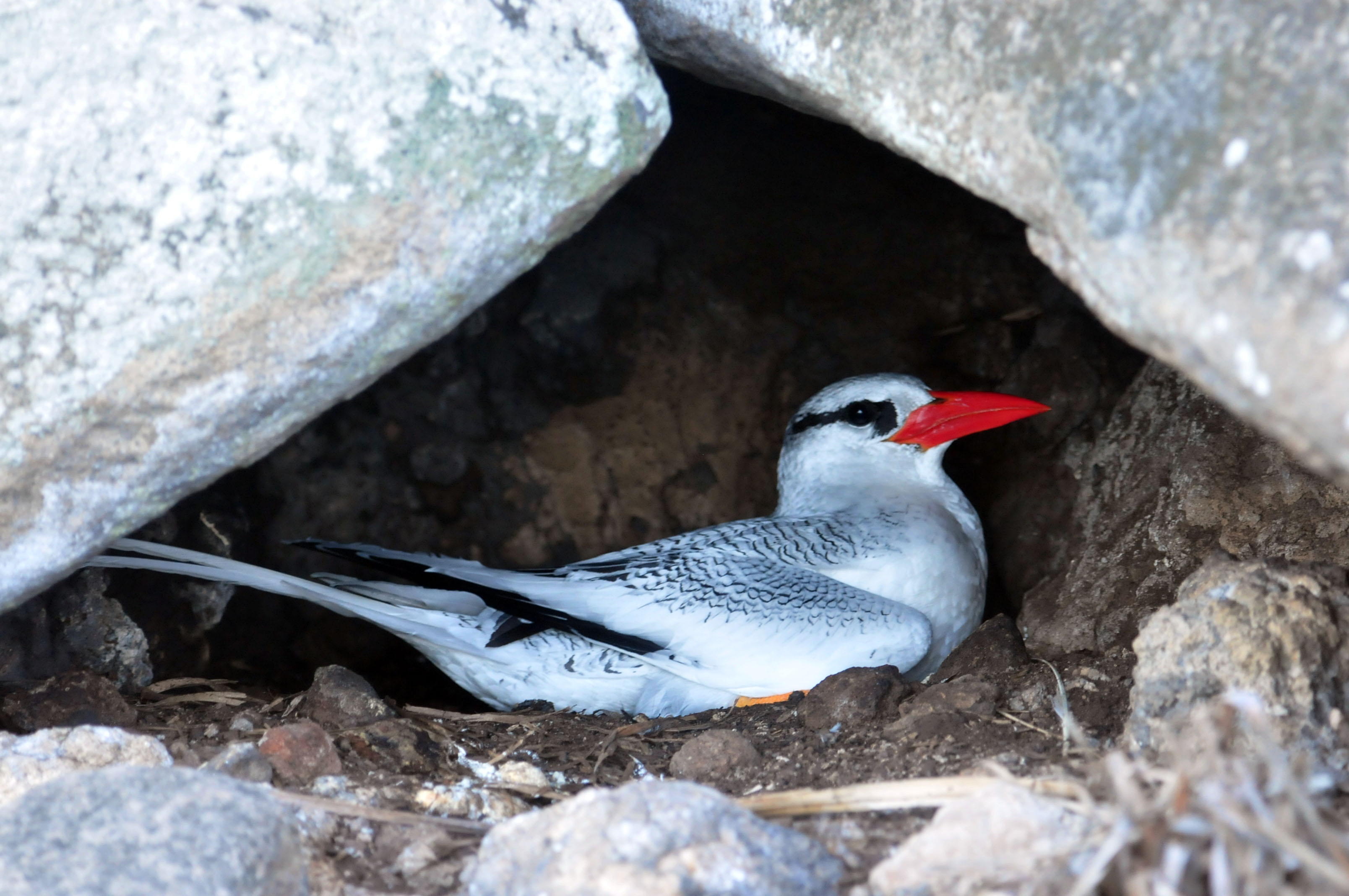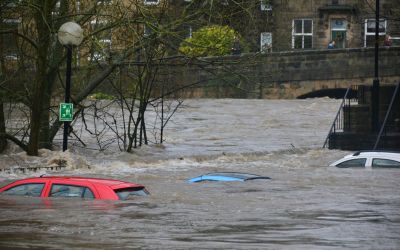Brazil moves forward with climate measures
José Sarney Filho, Minister of the Environment, Brazil, declares Brazil’s determination to play its part in mitigating and adapting to climate change, and outlines plans to achieve the country’s ambitious targets in renewables, curbing deforestation, agriculture and water security.
Brazil is one of the first big economies to have ratified the Paris Agreement, after approval in record time in both houses of Parliament. This achievement is the result of a consensus built in the Brazilian society about the urgent need to act to mitigate climate change and adapt to its dangerous effects. Brazil has understood the dimensions of the problem and is ready and willing to face it with ambitious action on the ground.
Although responsible for no more than 2.5 per cent of global greenhouse gas emissions, Brazil has a key role to play in the global climate change agenda, considering the dimensions and diversity of our natural resources, the growing importance of our participation in the global economy and international trade and, perhaps most important, the extraordinary results already achieved by Brazil in reducing its emissions in the past decade. The national consensus that has been achieved regarding this issue emerged from the notion that climate change, while being the greatest global challenge of this century, is at the same time an opportunity for our country to embark on a path of sustainable development with low emissions, towards the creation of a low-carbon economy. Along these lines, mitigating the causes of climate change and adapting to its adverse effects are being mainstreamed into the Brazilian government public policies, in alignment with the national development goals on social inclusion, job creation and poverty eradication.
Emission reduction and mitigation
As with any other developing country, Brazil faces many challenges with respect to poverty, education, health,
employment, housing, infrastructure and energy supply. Even in the context of such  challenges, Brazil has already undertaken actions that have reduced its emissions by 41 per cent, which represents one of the largest efforts by a single country ever made. In the context of the Paris Agreement, Brazil has demonstrated its commitment to the climate regime by adopting an economy-wide, absolute mitigation target of reducing 37 per cent of our emissions by 2025, with an indicative target of reaching 43 per cent reduction by 2030, as compared to our emissions level of 2005.
challenges, Brazil has already undertaken actions that have reduced its emissions by 41 per cent, which represents one of the largest efforts by a single country ever made. In the context of the Paris Agreement, Brazil has demonstrated its commitment to the climate regime by adopting an economy-wide, absolute mitigation target of reducing 37 per cent of our emissions by 2025, with an indicative target of reaching 43 per cent reduction by 2030, as compared to our emissions level of 2005.
Consistent with these targets, we have declared our intention to increase the share of biofuels in the Brazilian energy mix to about 18 per cent. We also intend to achieve 45 per cent of renewables in the energy mix. In the forest sector, we have set ourselves the goal of restoring and reforesting 12 million hectares and of enhancing sustainable native forest management systems. We will also strengthen policies and plans to curb deforestation, in particular in the Brazilian Amazon region, with a view to eliminating illegal deforestation and creating appropriate instruments to support the compensation of emissions from the legal suppression of vegetation.
It is also our firm intention, in the agriculture sector, to strengthen the Low Carbon Emission Agriculture programme (ABC), so that it becomes the main strategy for sustainable agriculture development. In this context, we aim to restore 15 million hectares of degraded pasturelands and enhance 5 million hectares of integrated cropland-livestock-forestry systems. These goals are set for 2030, but we are committed to early action and better results.
As our goal is economy-wide, we also intend to promote low-emission action by other sectors. The Brazilian industry sector, for instance, offers huge potential to introduce new standards of clean technology, bring in more energy efficiency measures and promote low-carbon infrastructure. Urban mobility in Brazil is also an area with great potential to contribute to emissions reduction, by improving infrastructure and promoting efficient and quality public transport, in particular in metropolitan areas.
Adaptation measures
As climate change is a reality affecting our daily lives all around the globe, it is of fundamental importance to consider adaptation and its negative effects at the same level of importance as mitigation activities. We have developed and published a National Adaptation Plan, which aims at building resilience of our population, ecosystems, infrastructure and production systems. Reducing vulnerabilities and recognising the provision of ecosystem services are essential in this regard.
We seek to enhance our national capacity in water management and water security. Hosting the 8th Global Water Forum in 2018, in Brasilia, indicates our commitment to tackle issues related to the sustainable management of water resources, learning from best practices and using the best available scientific knowledge and technologies.
An important part of the climate equation is the conservation and sustainable use of our biodiversity, which we intend to strengthen through, inter alia, the National Strategic Plan for Protected Areas and the implementation of the Forest Bill, particularly concerning protected areas.
 Climate change and the economy
Climate change and the economy
Our next step is to prepare a national strategy to implement and finance the actions we need to put in place to attain our objectives both in mitigation and adaptation. We do not need to wait. Our goals are set for 2025 and 2030, but we shall start now. We want to do more, and we will achieve our goals ahead of the intended schedule.
Our task is huge. A successful outcome depends essentially on our ability to mobilise resources from all sources, public and private, national and international, bilateral and multilateral, through financial instruments and investment channels catered for each of the priority sectors. We have fulfilled all requirements to receive payment for results achieved in reducing emissions from deforestation and forest degradation. Our Amazon Fund is fully operational in promoting further actions in this regard. We are thankful to the excellent level of partnership we established with contributors to the Amazon Fund, in particular the governments of Norway and Germany, and invite others to support our efforts and acknowledge our contribution to reducing emissions and therefore limiting the increase in the global average temperature.
Business as usual, when it comes to climate change, is not an option. Our real challenge is to mainstream climate change into the economy, in particular the financial markets. We need to promote ways of mobilising global financing for low-carbon activities, in line with one of the key objectives of the Paris Agreement, which is “making finance flows consistent with a pathway towards low greenhouse gas emissions and climate-resilient development”, as stated in its Article 2 paragraph 1(c).
Brazil is ready to embark on a clean, sustainable and low-carbon development pathway. The goals are set and the challenge has been accepted by the Brazilian society. Our endeavour, now, is to create the right conditions for partnerships to be built or strengthened. For that, we look for the engagement of all stakeholders in all sectors, at all levels of government.
The Paris Agreement opens up a new venture for our common future. Brazil is ready to seize this opportunity. I invite everyone to join in our journey to create a better future for ourselves and for our children.
Read the full Climate Action 2016/17 Publication here








